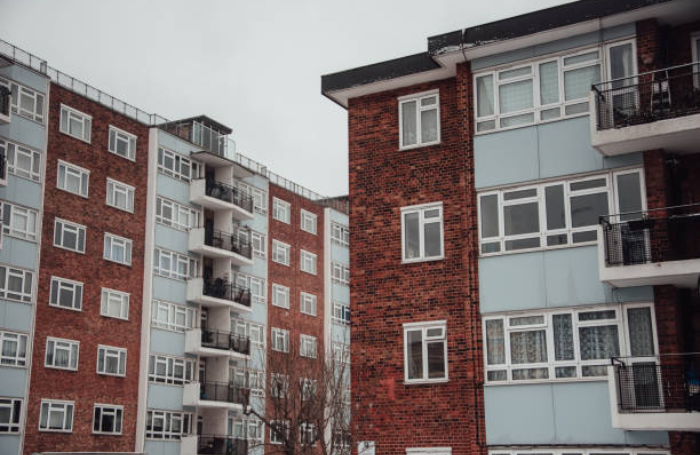On Tuesday, the first King’s Speech in over seventy years took place. The King's Speech provides the government an opportunity to outline its priorities for the months ahead and forms part of the State Opening of Parliament.
Given the timings of this session, a year ahead of the next general election, it was a key opportunity for Prime Minister Rishi Sunak to showcase his vision for change and his plans if successful at the ballot box next year. The wide-ranging speech covered energy security to housing and artificial intelligence (AI).
Delivering energy security
Increasing gas prices and the invasion of Ukraine have left the UK vulnerable to a volatile global gas market. In response, the government have been focusing on boosting our energy supply.
One way they hope to achieve this is the Offshore Petroleum Licensing Bill. This new legislation will enable an annual licensing process for oil and gas extraction in the North Sea.
Each licensing round will only go ahead if specific climate tests are met. These tests are already in place, but this new legislation will make them legally binding. The speech also promised that government will seek record investment in renewable energy sources.
Our long-held view is that we must not only focus on energy supply – which will not help to tackle energy consumption or crippling price rises. The best way to cut bills and carbon emissions is to reduce energy use – to do this, we must improve the energy efficiency of our buildings.
This should be done via a well-funded and long term National Retrofit Strategy. Approximately 80% of the buildings we will use in 2050, are already in use. We must decarbonise our existing stock if we are to reach net zero.
This new approach to climate policy has undoubtedly created a dividing line between the Conservative and Labour Party, ahead of the general election.

Housing reform
Another key issue at the next general election will be housing, and the government wants to press on with two bills to help tackle some problems in this area.
Leasehold reform is not a new topic – in 2017, then Communities Secretary Sajid Javid said leaseholds on new-build homes would be banned, with developers forced to cut ground rents to zero for new houses and flats.
Six years on, plans are still in the pipeline. The Leasehold and Freehold Bill will outline proposals including plans to increase the standard lease term from 90 to 990 years for houses and flats, cut ground rent to £0, and reform the leasehold market to ban new leasehold homes in England and Wales. The plans, however, fall short of what many had hoped would be an end to the leasehold system.
The Renters (Reform) Bill is being carried over from the previous Parliamentary session. In England, the private rented sector accounts for 19 per cent of households, or 4.4 million homes. To help improve the sector, the Renters Reform Bill intends to abolish ‘no fault’ evictions and change rules so that the system works better for both landlords and tenants.
Both pieces of legislation are important in rebalancing the housing system. However, they do not go far enough to address the housing crisis we currently face. Everyone has the right to an affordable, safe and sustainable home. To make this a reality, we must rethink how houses and places are planned, designed and built to meet the needs of communities both now and in the future.
To achieve this, local authorities must be comprehensively resourced to be able to recruit and retain highly qualified planners and design professionals – including utilising the skills of architects.
A marked increase in the skills and capacity available to local planning authorities across the country will give them the knowledge and confidence to create and build high quality, well-designed developments, empowering local decision-making without interference from national politicians.

An absence of AI legislation
Artificial intelligence (AI) remains an area that the government is particularly interested in – and are keen to lead international discussions about its regulation. However, given this is the final legislative programme before the general election and no legislation was announced it could mean there is no bill before 2025.
Within the architecture profession, there has been increasing discussion about the risks and opportunities that AI poses – as well as how it can be used across the built environment for good. We are currently asking architects for their views on AI and will be reporting on our findings in 2024.
Share your thoughts - we are accepting responses until 4 December 2023.
What happens next?
The speech is now being debated in Parliament. As each bill is introduced and further details emerge, we will continue to work with the government to ensure that policies affecting the built environment appropriately address the climate crisis and tackle the ongoing housing crisis.









